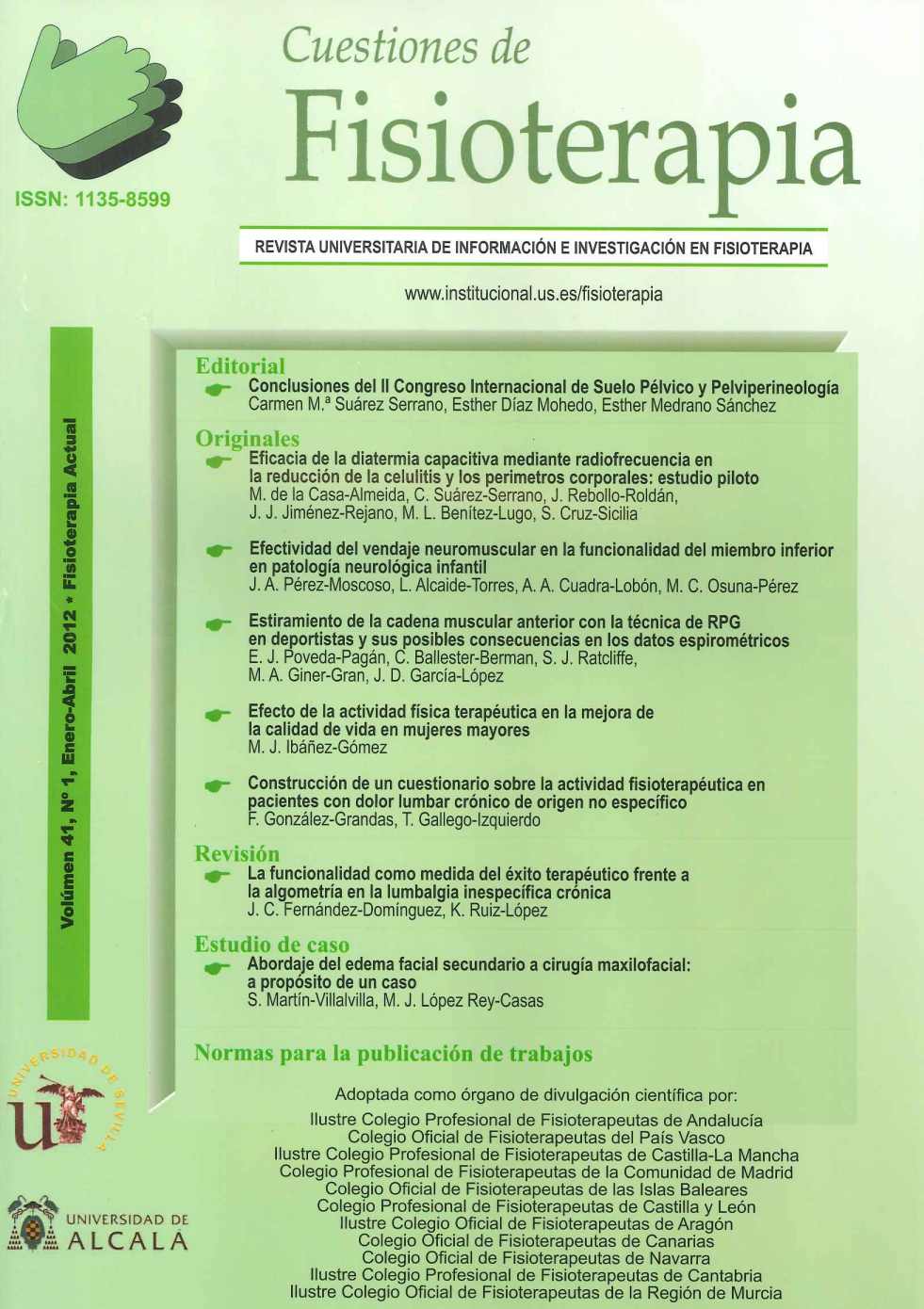Articles
Year 2024, Volume 53, Issue 1
Experience of Physiotherapy students in a project to promote Physical Activity during their academic training: a phenomenological study
Abstract
Introduction: physiotherapists are specialists in movement, who have the competences to prescribe exercises, educate the patient/client and promote health. That is why, when observing a decrease in the level of physical activity of Physiotherapy students, we decided to investigate. The purpose of this research was to explore and describe the experiences of physical therapy students, of the Medical Sciences Campus of the University of Puerto Rico, when participating in a project that promotes physical activity in their daily lives. We also wanted to know possible barriers and facilitators to having an active life. Material and method: following a qualitative methodology with a phenomenological design, we recruited six students, designed Students in Movement and Activity (EMA Project) for them to carry out exercises for six weeks and collected data through sociodemographic profiles, reflective diaries and semi-structured interviews. To analyze the data, we carried out the steps indicated by Creswell based on Moustakas for our design and we were able to identify eight themes to describe the essence of the phenomenon under study. Results: the participants showed adherence to the project, managing to carry out the activities with motivation and obtaining benefits in their habits, health and stress levels. They identified the academic load and lack of time as barriers and simple and structured routines and reinforcement provided as facilitators. Conclusion: As stated by the Social Cognitive Theory, the participants managed to regulate their behavior, showing a favorable change with self-efficacy and expectations. This project allowed us to exercise our role as health promoters.
Keywords: physical activity, university students, Physiotherapy, phenomenology.

